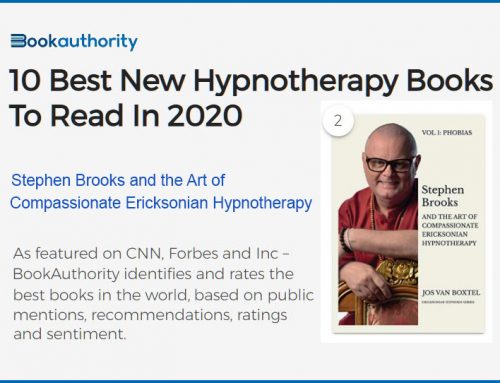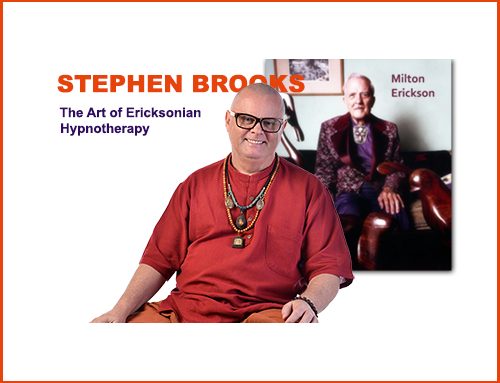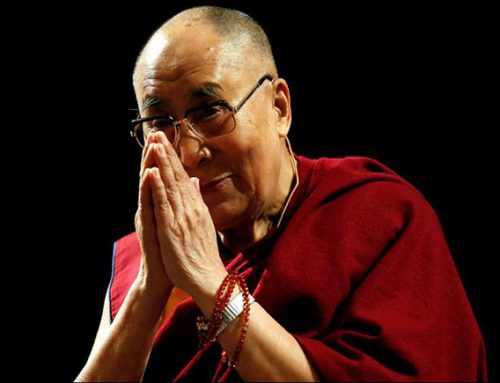The law regarding the practice of hypnotherapy can vary enormously from country to country. And anyone wanting to train as a hypnotherapist needs to look specifically at the requirements within the area they wish to practice. For example within the USA each state can have its own criteria.
In 1997 the South African government introduced an amendment to their Health Professions Act, which stated that “hypnosis and hypnotherapy” could only be offered by a licensed psychologist or mental health practitioner, effectively making the practice of hypnotherapy illegal without these professional qualifications.
Yet in South Africa, as in many countries, there are still many people practising as hypnotherapists, trained to a high level in the skills and techniques of hypnotherapy, but who do not have these ‘official’ qualifications. Likewise, there are many hypnosis training schools offering courses run by trainers who are not themselves registered psychologists or mental health workers.
These schools and their practitioners are having to be artfully vague in their marketing so as to avoid the word “hypnotherapist”, because, the term implies that the practitioner uses therapy. The word “hypnosis” doesn’t seem to be such a problem however.
Back in 1997, stage hypnosis was also made illegal, but this was reversed in 2007 allowing stage hypnotists to continue performing, as it was not seen as therapy. It may seem crazy to some (to me at any rate), that stage hypnotists are allowed to make people look stupid for personal amusement, yet sincere and often very skilled practitioners of hypnotherapy were, and still are, prevented from helping people who could truly benefit from hypnosis.
The problem is that the general public search for hypnotherapists by using the term “hypnotherapist”. The public generally do not search for a hypnotherapist by using the word “hypnotist”. So those hypnotherapists who genuinely can help patients, despite not having a psychology degree or mental health qualification, are having a difficult time telling people what they do.
Gertie Pretorius, vice-chairperson for the professional board of psychology of the Health Professions Council of South Africa, says the council is “concerned” about the number of unregistered and unqualified people practicing hypnotherapy. She says “There are huge risks involved because only a registered psychologist would be able to recognise the worrying signs [exhibited by a distressed patient in therapy],”
This reminds me of the old arguments put forward by the British Society of Clinical and Experimental Hypnosis back in the 1970s. At that time, the society wanted to limit the use of hypnosis to psychologists, doctors and dentists. It was a question of ownership. After all, from their point of view, why should someone who hasn’t been through extensive University training as a psychologist or psychiatrist, have access to the skills of hypnotherapy. The fact that hypnotherapy training organisations such as British Hypnosis Research offered much more comprehensive and in-depth training than their society, seemed to be irrelevant to their argument.
I personally had an on-going battle in the pages of The Psychologist journal with Michael Heap, the honorary secretary at the time, about the validity of Ericksonian hypnotherapy. But he was having none of it, Erickson was, in his mind, of no validity, and don’t even mention NLP (something he called “fast food therapy”) because at that time his society only knew how to teach the direct, authoritarian traditional hypnosis techniques. I’m happy to say that 30 years later, things have changed, after one of my own students and graduates Phyllis Alden became honorary secretary.
The point is that hypnosis and hypnotherapy cannot be owned by an elite section of academia. Yes, we do need high-quality training, but this training should be available to anybody with the ability to study, combined with the heart, mind and commitment to helping clients and patients have a healthier happier life.
The situation in South Africa is ridiculous, and their argument that only psychologists can recognise how to help a client or patient in therapy is absolute bullshit. Hypnotherapy training forms only a small part of the training for psychologists or mental health workers, while hypnotherapy training offered by established and respected training schools can demand considerable commitment in terms of time and effort in studying.
Clearly, in terms of hypnotherapy, the world hasn’t yet got its act together. Some say that a Master’s degree in clinical hypnosis will sort this out. The British Hypnosis Research and Training Institute is actively encouraging this, but a Master’s degree is not a vocational qualification. It is an academic qualification. So unless it provides a hands on component where students actually get to work with patients or clients then it does no more than give graduates a piece of paper saying they have studied the theory and principles.
The future of hypnosis is in the integration of practical classroom skills with theoretical study. The problem is that at this point in time, although we can reach almost everyone in the world via the Internet and distance learning, the support and personal contact so essential for hypnotherapy training at the classroom level is not available globally in the way that it should be.
Again, although the BHRTI is making steps in this direction and we expect to have our Postgraduate Diploma course running for one year at weekends in eight countries by the end of next year, we understand there’s still a long way to go before hypnotherapy has recognised standards of training globally and where countries accept hypnotherapy as a valid profession on its own terms. But we are moving in that direction, albeit very slowly.
Stephen Brooks
http://mg.co.za/article/2013-07-19-00-hypnosis-is-not-just-about-making-you-cluck-like-a-chicken






